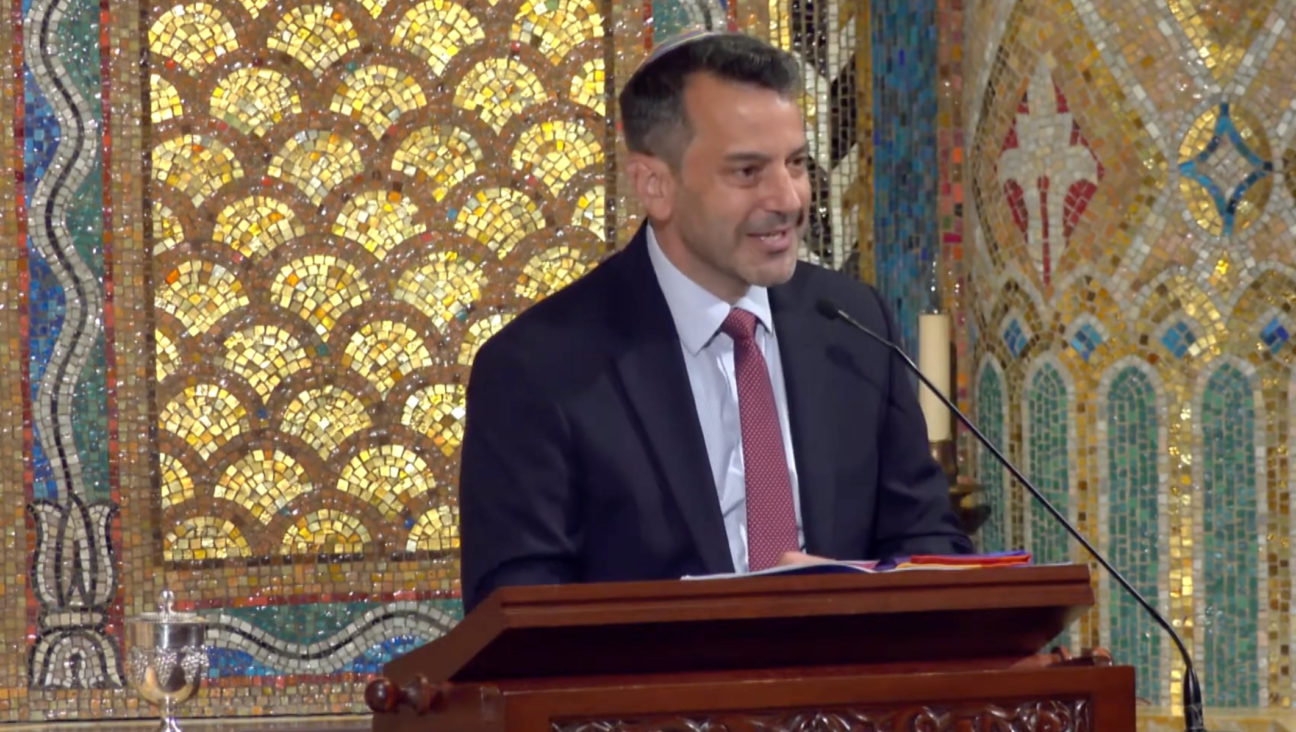Young Jews More Interested in Israel: Poll
Young Jews are now more attached to Israel than the previous generation, almost reaching the level of interest of their elders, a new poll reveals.
While Jews 45 and older were rated as having a 40-44 level of attachment to Israel, those between 35 and 45 only scored a 24. Those under 35 got a 39 out of 100, according to the poll carried out by the Workmen’s Circle.
The poll looked only at Jews who are not Orthodox and do not attend Jewish day school, thus reflecting the broader Jewish population and particularly the segment of the population that attends such programs as Birthright. It is these trips to Israel, and not a connection to Jewish life, which are being credited with the recent increase is Israel interest.
“It seems that the attachment levels for the entire age cohort are elevated due in large part to the increasing number of people who have visited Israel,” says Sociologist Professor Steven M. Cohen who, along with Professor Samuel Abrams, conducted the survey. A full 34% of the under-35 age group has been to Israel, compared with 22% of 35-44 year olds.
The poll dubbed the effect the “Birthright bump” in data.
Birthright Israel has sent nearly 300,000 Jews between the ages of 18 to 26 to Israel since 2000.
In spite of the increased interest in Israel, however, confidence in the Israeli government has actually dropped, leading to the conclusion that the young population is more nuanced in its views of the Israeli-Palestinian conflict
“Apparently, while attachment to Israel and trust in Israeli leaders are correlated, they are not the same sentiment,” says Abrams. “Among those under 35, people in my own age demographic, Jews can be both attached to Israel and assume fairly independent if not skeptical stances toward Israeli government policies.”
A message from our Publisher & CEO Rachel Fishman Feddersen

I hope you appreciated this article. Before you go, I’d like to ask you to please support the Forward’s award-winning, nonprofit journalism so that we can be prepared for whatever news 2025 brings.
At a time when other newsrooms are closing or cutting back, the Forward has removed its paywall and invested additional resources to report on the ground from Israel and around the U.S. on the impact of the war, rising antisemitism and polarized discourse.
Readers like you make it all possible. Support our work by becoming a Forward Member and connect with our journalism and your community.
— Rachel Fishman Feddersen, Publisher and CEO























